
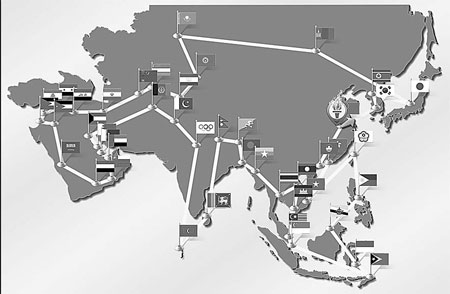 |
| The 2013 Nanjing Asian Youth Games feature a virtual torch relay that will "travel" through 238 cities across Asia. (Provided to China Daily) |
Nanjing aims to spread the Olympic values of excellence, friendship and respect among youngsters by hosting the Asian Youth Games, Party chief Yang Weize said.
As one of China's four ancient capitals, Nanjing will see more than 3,500 athletes from 45 Asian countries and regions arrive for the August sports extravaganza.
Just like the inaugural edition in Singapore four years ago, the games will serve as a dress rehearsal for the 2014 Summer Youth Olympics, which will also be in the Jiangsu provincial capital.
"We hope to implant the spirit of sports in every one, especially youngsters, make physical exercise a lifelong habit and engage them in a healthy lifestyle," Yang told journalists from 22 Asian media outlets last month.
Residents will benefit from the spirit of the games, a major legacy, he said.
Unlike other major sports meets, the Asian Youth Games and Youth Olympic Games may not deliver many economic benefits, as few sports venues are built and the two events enjoy less glamour than the Olympics.
"But we value the legacy of the two games for Nanjing's social development and spiritual and cultural enrichment for the residents," Yang said. "We think this legacy, in both tangible and intangible forms, is more important than how the two events will boost our GDP."
A city with one of the brightest prospects in Asia for the 21st century, Nanjing is one of the three cities that make up the Yangtze River Delta region and ranks second only to Shanghai for sustainable development capacity in the region.
After Beijing and Shanghai, the city, which has 2,500 years of history, is a major scientific research and education center, excelling especially in electronic and chemical production sectors.
But those advantages do not guarantee a challenge-free process to host the games.
The last major sports event in Nanjing, the 10th National Games, was eight years ago.
According to the Party chief, a big challenge for Nanjing is how to close the generation gap between the event's organizers and participants.
"Organizers are all parents or grandparents, but the athletes are teenagers. That's a huge gap," Yang said.
To get youngsters more involved, Yang said, organizers can respect young people's ideas and hobbies. "We won't force our values and ideas on the young," he said.
Another challenge for organizers is how to make the two games cost effective.
The budget for the Asian Youth Games is 1 billion yuan ($160 million), including money from sponsorship, far less than the major international events that China hosted in recent years such as the Shanghai World Expo and the Guangzhou Asian Games, both in 2010.
"The Asian Youth Games is a young sports event that targets minors," Yang said. "Its sustainable development depends on whether we can make it frugal and thrifty.
"As the elders of the young athletes, we want to show them a positive image and educate them with our own actions and behavior. The last thing we want to do is to show them a lavish and prodigal government."
To that end, organizers have made full use of established sports venues rather than build new ones, as well as greatly reduced the number of employees working for the two organizing committees to less than 400 people.
What's more, youngsters, instead of professional designers and superstars, are invited to participate in related activities.
The adoption of an online torch relay, replacing the traditional approach, alone will save up to 200 million yuan, Yang said.
Other cost-savers include a less extravagant opening ceremony, which is shorter and features only indoor performances and fewer people. Organizers also rented rather than bought the equipment needed to host the games.
"There's a saying in China that even a clever housewife cannot cook a meal without rice," Yang said. "But we must be a very clever housewife and make a meal without enough raw materials."
During the news conference, organizers also revealed measures on how to fight pollution during the Asian Youth Games.
The city will borrow practices that Beijing adopted before the 2008 Olympics and shut down major polluters, Yang said.
However, he said the city will not impose restrictions on the number of cars allowed on the roads. "I believe restrictions on car use will disturb residents," he added.

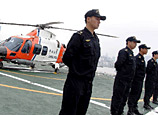
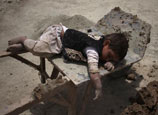
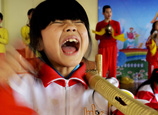
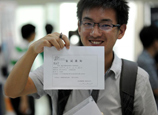
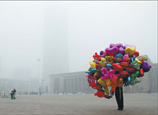
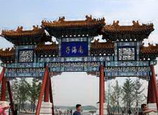









 Turn white rabbit to 'gold' - A young entrepreneur's goal
Turn white rabbit to 'gold' - A young entrepreneur's goal


![]()
